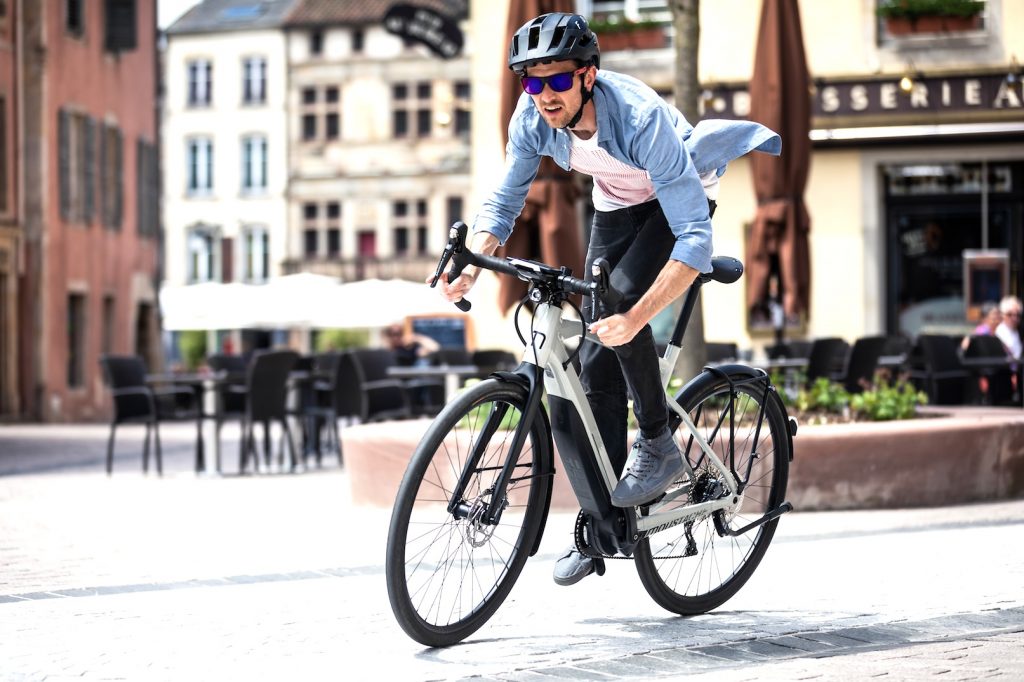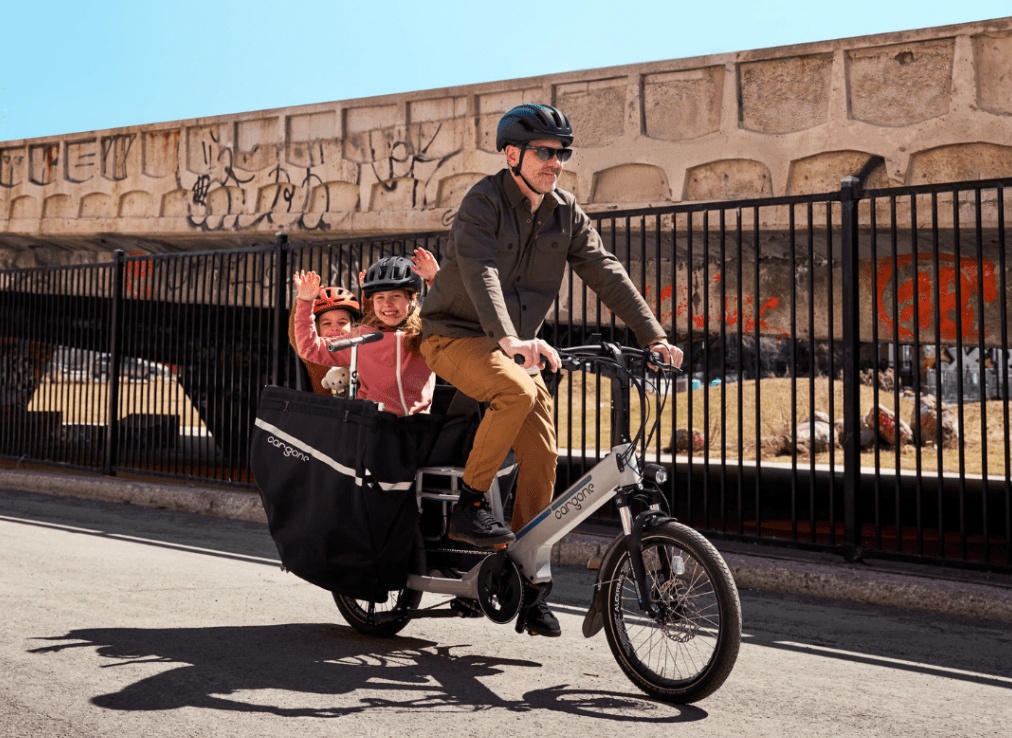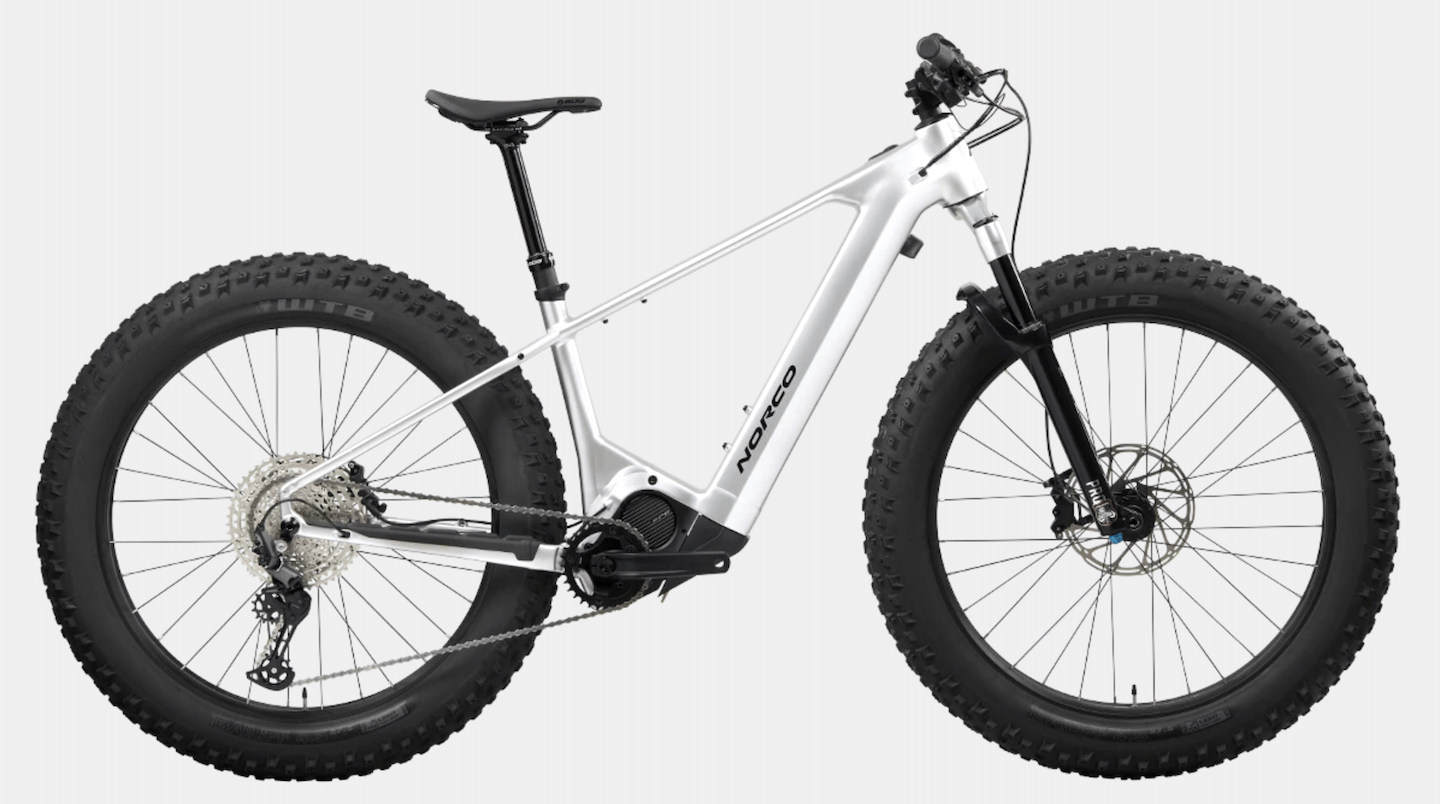August 13, 2020 - More than 20 researchers from Stockholm to Oregon collected travel activity data from 3,836 participants in over seven European cities to produce a new study: “The climate change mitigation effects of active travel”. They found that the more people cycled or walked, the fewer mobility-related lifecycle CO2 emissions were generated.

Daily mobility lifecycle emissions are the mass of carbon dioxide per day associated with passenger travel. Since 43% of the reduction in global CO2 emissions during the COVID-19 confinement period was due to a reduction in motorised travel, it is vital that governments recognise the power of cycling as a smart and sustainable alternative to cars.
Key Findings
Here are three of the study’s key findings:
- Car travel generated 70% of daily mobility-related life cycle CO2 emissions, compared with the 1% generated by cycling;
- Making one less car trip and one more bicycle trip a day decreased life cycle CO2 emissions from transport by 67%;
- Cyclists had 84% lower daily travel lifecycle CO2 emissions than participants who did not cycle.
From these and other findings, the researchers concluded that – contrary to popular arguments – cycling is a substitute to motorised transport, not only extra travel in addition to motorised trips. Indeed, the researchers surmised that if 10% of the population shifted modes’ from car (from 3 to 2 trips a day) to bicycle, relevant emissions would likely decrease by approximately 10%.
The researchers collected data from 9,858 one-day travel diaries reporting 34,203 trips. The participants were based in Antwerp, Barcelona, London, Orebro, Rome, Vienna, and Zurich. Data was collected through a series of questionnaires on “daily travel behaviour, mode choice, as well as personal and geospatial characteristics”. Travel diaries and specific emissions factors helped formulate additional data such as vehicle and fuel lifecycle CO2 emissions and operational data.
Modal shift research often focuses on non-personal trips, to a place of work or education, because these trips produce the highest mobility-related lifecycle emissions (37%). This study, however, emphasises the high potential for travel emission reduction in personal trips, such as business/shopping (17%) and social/recreational trips (34%). Despite the fact that people often use motorised vehicles for personal trips, there is a high potential for a modal shift to cycling, as these trips are typically short. The researchers suggest that modal shift research and policy must also focus on this wider range of travel purposes. This new focus becomes even more pressing when the rising elderly population is considered.
Nonetheless, it is still vital to continue advocating for work and education trips. Cycling three or more times per day reduced mobility-related lifecycle CO2 emissions for education and work by 78%! Cycle to work schemes encourage these modal shifts essential to travel emissions reduction, not to mention the positive impact of cycling to work on personal well-being and productivity.
What now?
This study has come out at a crucial moment. In the wake of the Corona-crisis it has become even more clear that the EU must promote and invest in cycling to reach its net zero greenhouse gas emissions targets.
To decrease transport emissions we need a quick and bold shift from motorised travel to cycling.
















